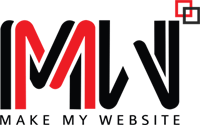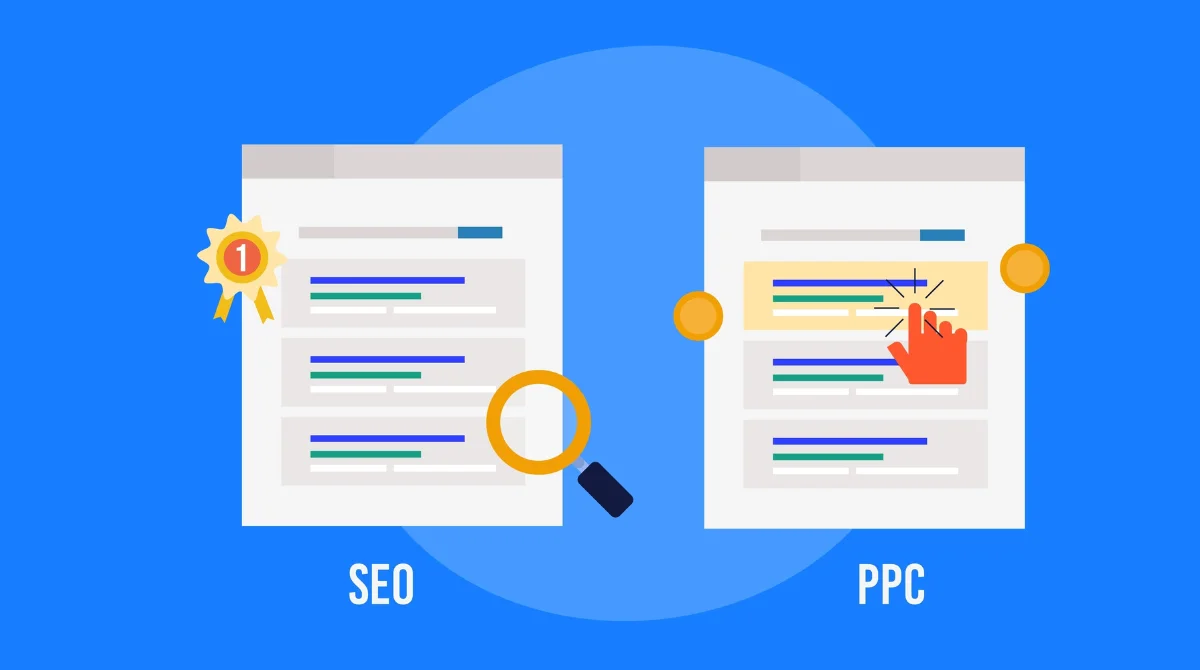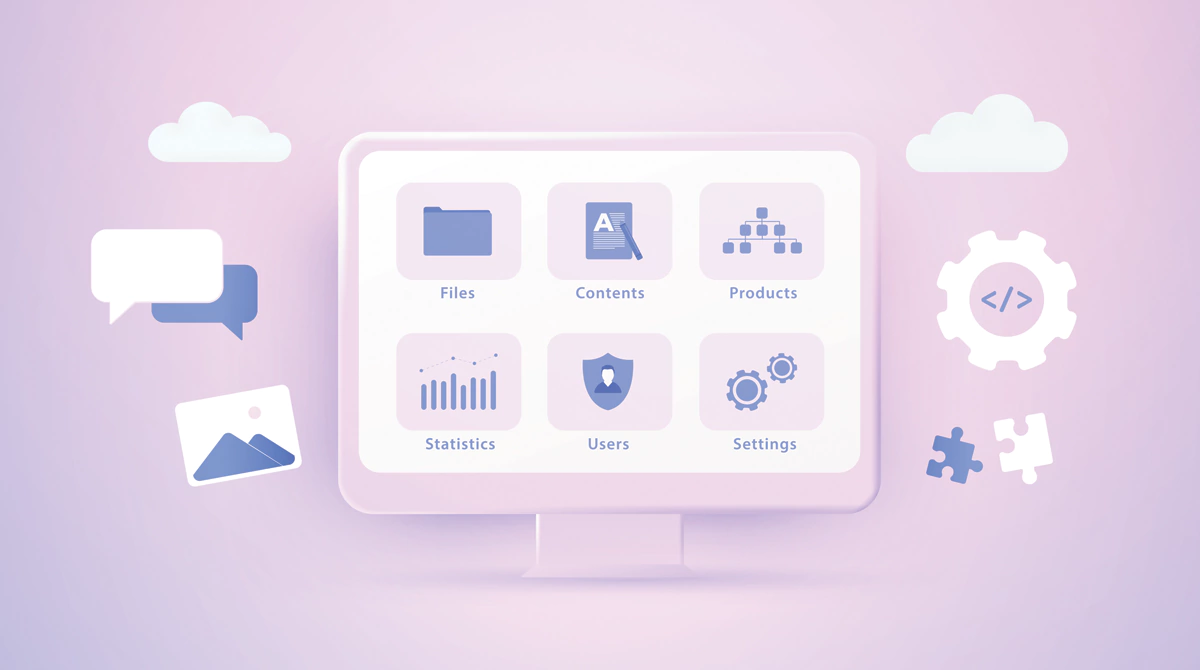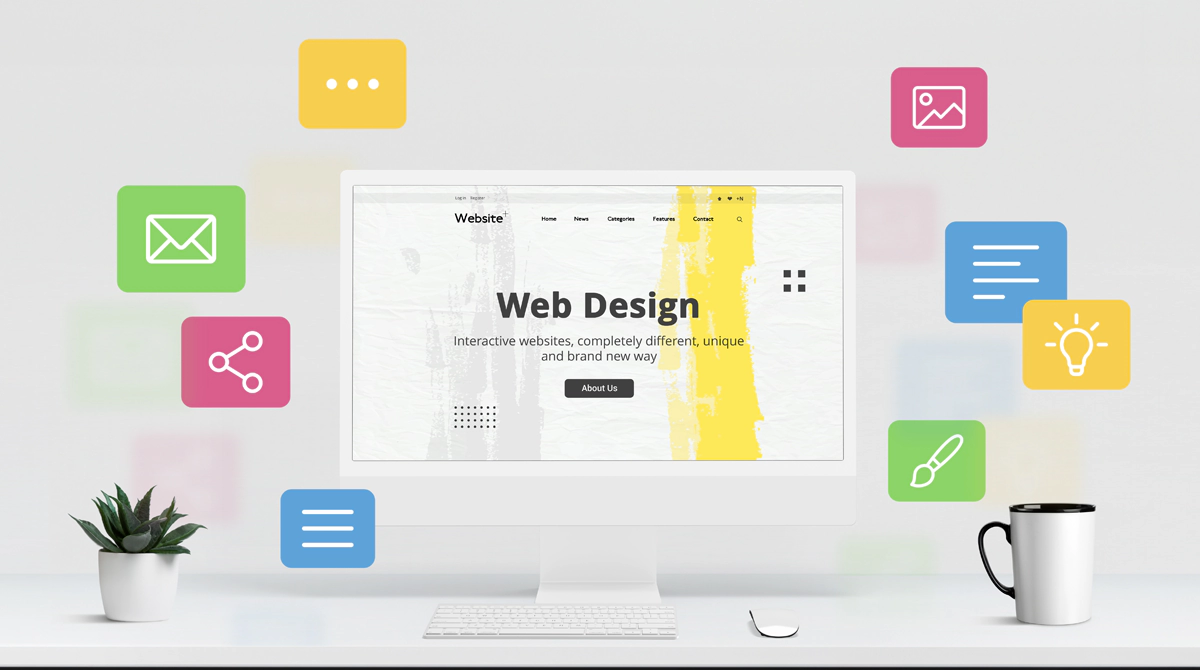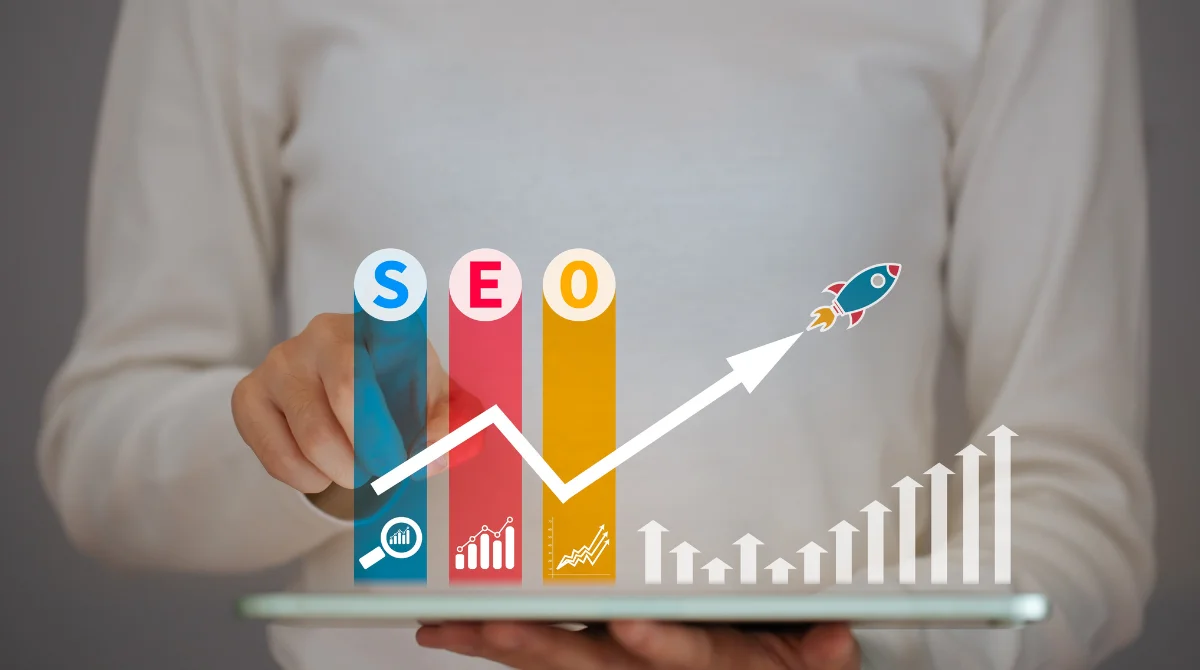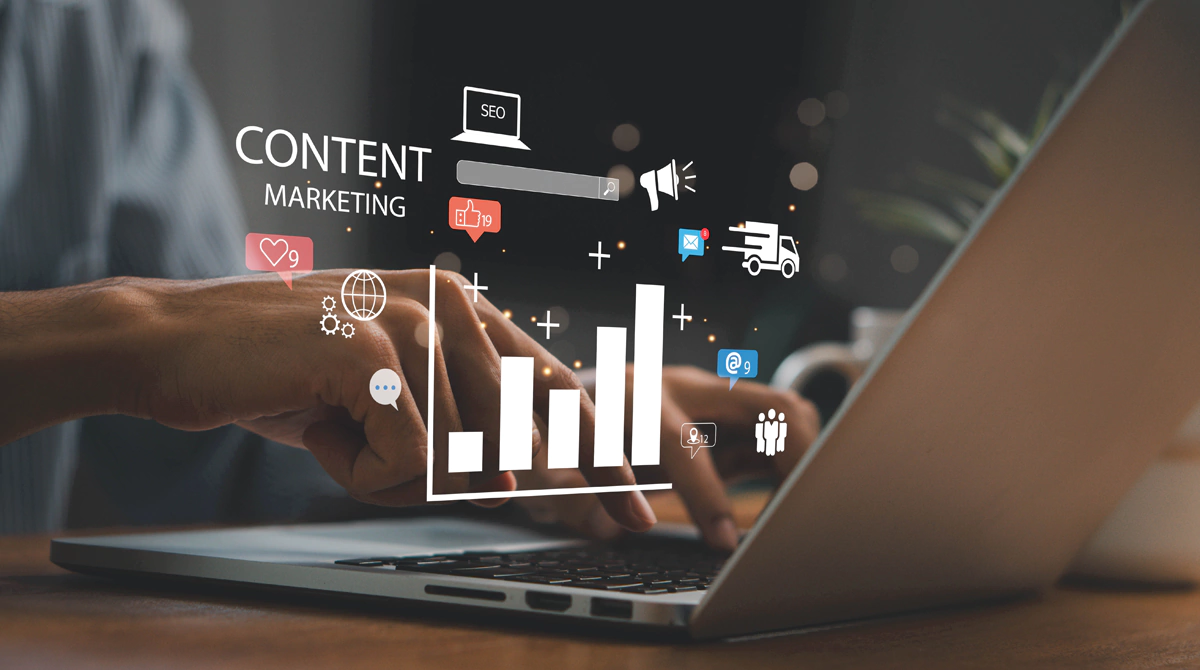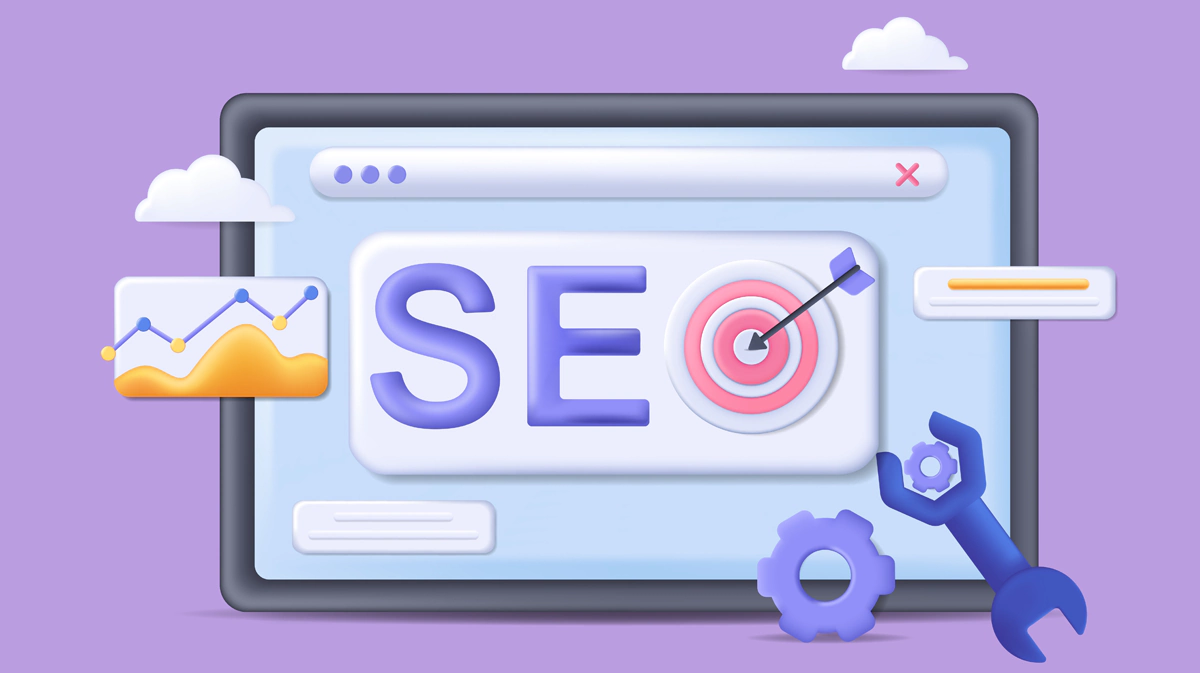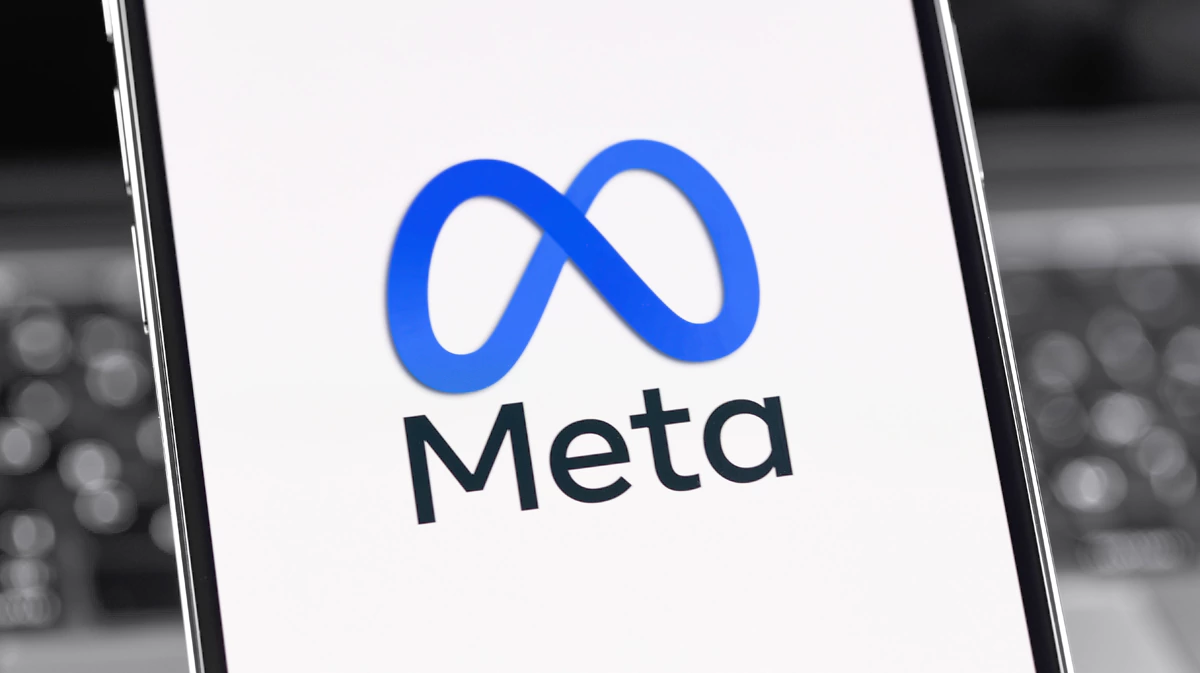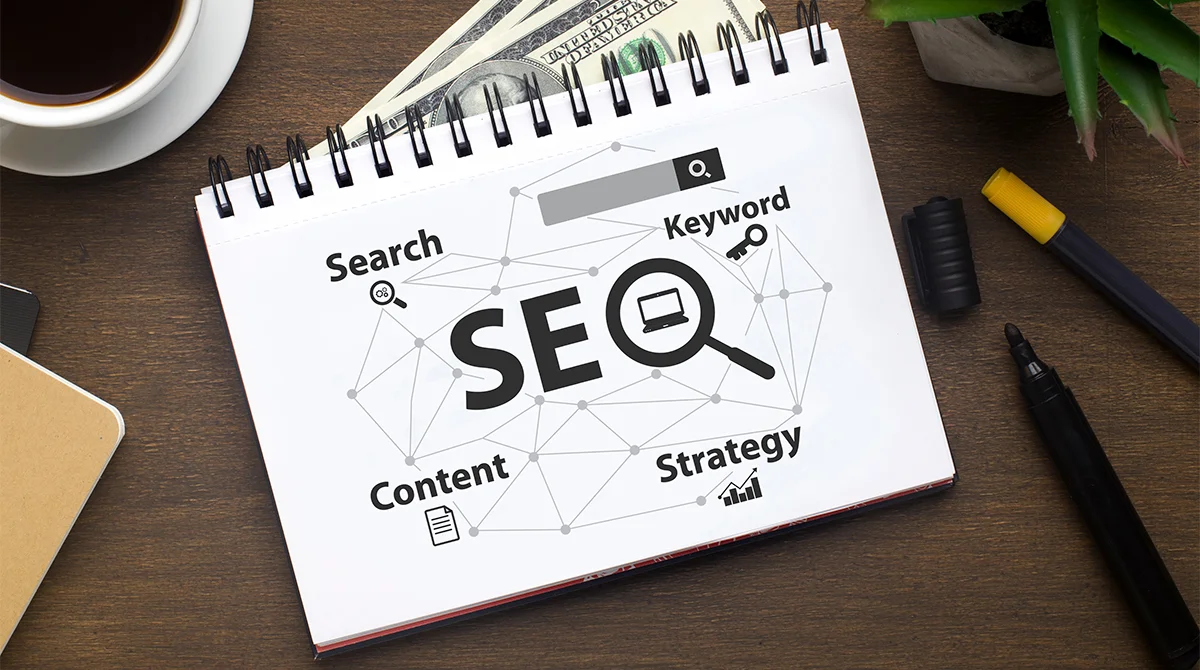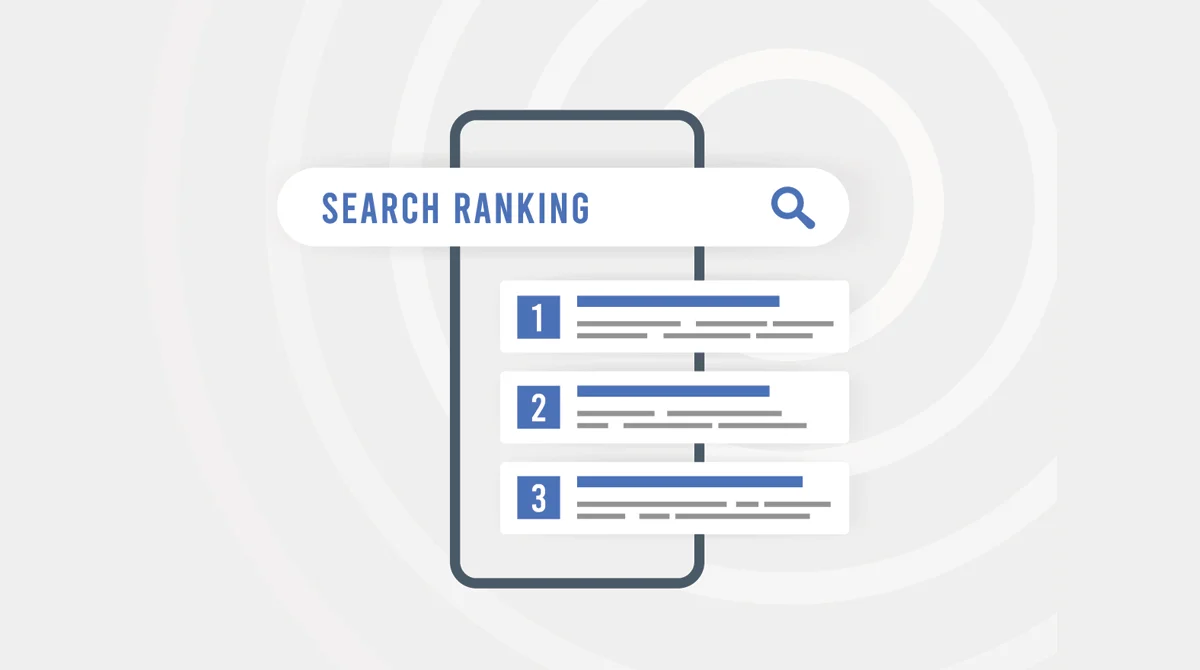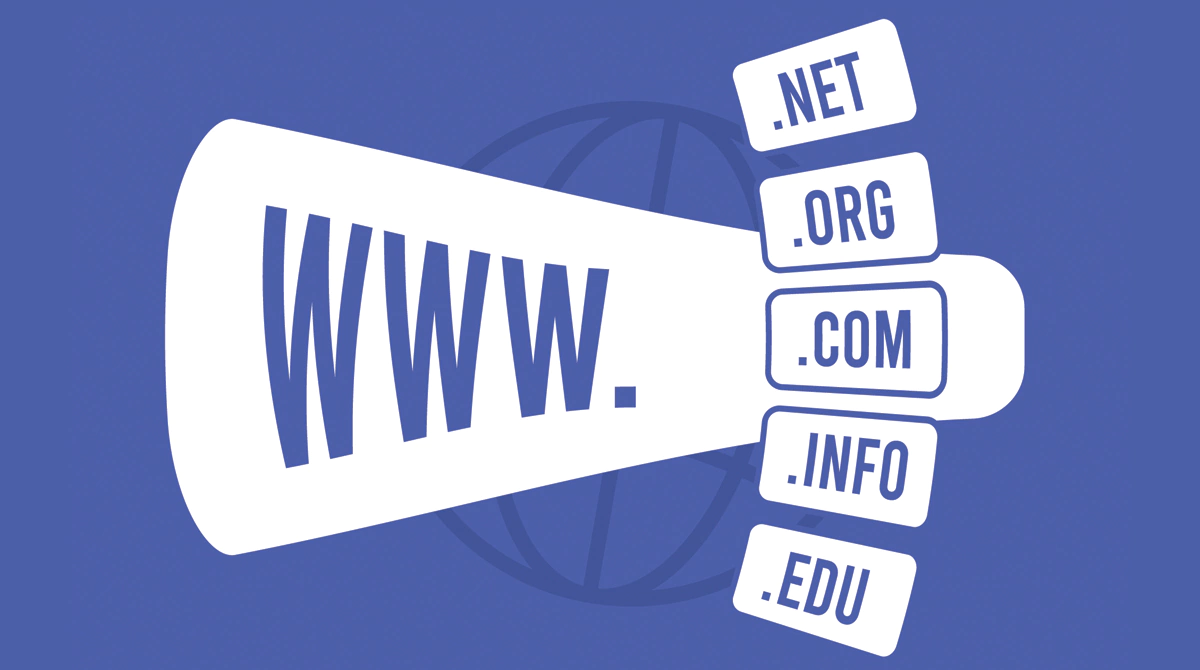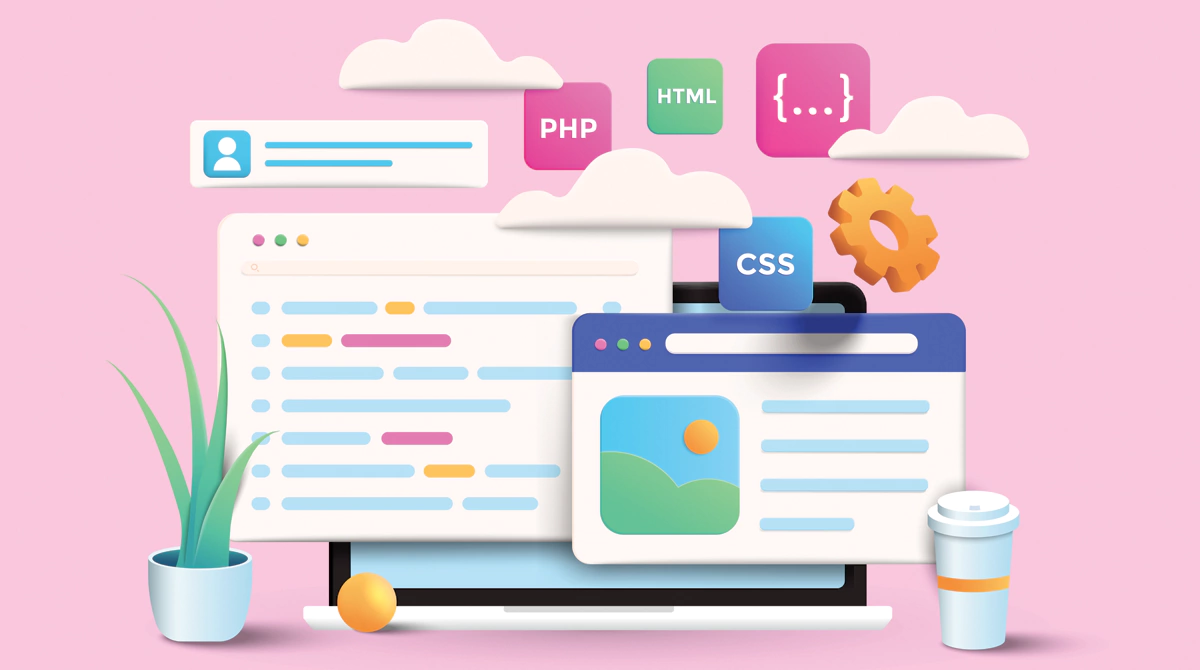The competition today is intense online and can be both to persuade your online users to visit your site and to promulgate the reason that once they get here they will buy from you. So many ways to market your business, and it can be really hard picking the best one.
Making the wrong choice, or not choosing at all, will cost you time, money that could have been used to reach your customers. Without a road map, businesses can still have low visibility, sales slipping, and the growth dribble’s to a standstill.
In order to have a good online presence, it’s good to know the difference between Search Engine Optimisation (SEO) and Pay Per Click (PPC) ads. In this blog post, with the help of this blog post, we will take you through the two methods we offer, discuss their pros and cons, and when and how to use them. It will enable you to make a smart decision that fits into your business’ goals.
What is SEO
SEO is a process of making your website show up higher in the natural search engine results. This includes such techniques as creating long tail keywords, improving your content, getting links from other websites and perfecting your website technical end. The objective of SEO is for a web page to be more visible to the users that search for relevant keywords on search engine Google and Bing.
SEO is a short game strategy that promotes getting followers and linking for a quick win, while Search engine optimisation is a long game strategy meant for long term success by driving traffic to your site from Google or bing or whatnot. It requires continuous work and ongoing updates as the search engine algorithms change.
How SEO Works
SEO involves several key elements:
- On-Page SEO: Web page individual optimisation: (meta tags, interlinks).
- Off-Page SEO: Are you building external links and increasing your domain authority?
- Technical SEO: Fixing things you can’t see from the outside, frontends being the easiest of them all: site speed, mobile friendliness, crawlability.
- Content Marketing: How to create high quality, engaging content to attract and retain people.
Web pages are arranged in order by algorithms used by search engines like Google. These algorithms take into account factors like keywords’ relevance, the website authority, user engagement, page experience, along with hundreds of data that make your webpages find unbeatable. When you line your website with these factors, you will almost certainly improve your organic search rankings.
Related read: SEO and Its Importance
Statistics on SEO Effectiveness
- With that in mind, according to Bright Edge, 68 per cent of online experiences begin with a search engine.
- According to Chitika, websites on pages 1 of Google get 91.5% of traffic.
- Larger companies with a bigger embrace of SEO can expect an average close rate of 14.6% for leads, compared to the 1.7% take rate of outbound marketing.
Advantages of SEO
- Cost-Effective: Whereas in PPC you pay for each click, organic traffic from SEO is virtual currency.
- Long-Term Results: SEO efforts compound with time, and all the time focused on SEO is repaid several times with keeping your site at the top rank for as long as you need it.
- Builds Credibility and Trust: Most of the time when people search on the internet for information, they assume that the organic search results are more trustworthy than paid ads.
- Improved User Experience: Website structure, speed, and content optimising are also often needed for SEO and will ultimately provide a better user experience.
- Sustainable Traffic: After your site has been positioned well in search engines, it can bring you regular traffic.
- Brand Awareness: A higher search engine visibility builds brand recognition and authority.
Real-Life Example of SEO Success
In order to achieve that goal, a local bakery optimised its website for location-specific keywords, improved its mobile performance, and then, even stronger with the recipes and baking tips, created blog posts. Their organic traffic increased by 400% across over 12 months and reported a 60% increase in sales.
Related read: Why is Mobile Responsiveness an Important factor for Local SEO?
Disadvantages of SEO
- Time-Consuming: SEO is a long term strategy, and it may not see any results for months.
- Algorithm Changes: Rankings are changed based on changes to the Search engines Algorithms.
- Highly Competitive: The biggest problem when it comes to rankings is the rivalry of everything and the difficulty to rank for popular keywords.
- Requires Expertise: SEO doesn’t really mean much if you don’t understand what search engines want. You can have great content, but if Metadata isn’t optimised, it won’t rank. There are many aspects to effective SEO, so we made a list of the most important ones.
- No Guaranteed Results: Top rankings in spite of the best efforts are not assured.
Related read: Effective SEO Strategies Needed when Building a New Website
What is PPC
Pay per click (PPC) means a business pays to put an ad online and actually pays each time a click on it. You’re normally talking about the type of ad that you see at the top or bottom of search engine search results, but they can show up in places like on sites, social media and other online platforms.
PPC campaigns involve you having to bid on a given set of keywords and then the placement of ads is governed by who else is bidding plus the amount you’re willing to pay as bid and based on how relevant it is and its quality score. Therefore, the two most popular PPC platforms have been Google Ads and Bing Ads.
How PPC Works
PPC operates through the following steps:
- Keyword Research: Finding the right keywords to run a campaign.
- Ad Creation: Writing ad copy that has call to actions.
- Bidding: Providing a maximum bid for every keyword.
- Ad Placement: SERPs display ads based on the bid and quality score.
- Performance Monitoring: Continuous ad campaigns analysis and optimisation.
However, PPC allows the advertisers to get extremely precise with whom they market to; they can target their audience based on demographics, location, interests, and browsing behaviour.
Statistics on PPC Effectiveness
- WordStream: ABCs of Google Ads – Average Revenue Per Dollar Spent = $2.
- It’s found that 45% of small businesses invest in PPC advertising.
- Around 65% of high intent searches lead to ad clicks.
Advantages of PPC
- Immediate Results: Selling through PPC campaigns can draw traffic to your site in moments!
- Targeted Advertising: With PPC you can target based on demographics, location, and then based on user behaviour.
- Scalability: Then, you can increase or decrease your ad budget according to your business goals.
- Measurable Results: But PPC campaigns are very detailed and useful for optimisation.
- A/B Testing: You can then test different ad variations, and discover what works the best.
- Flexible Budgeting: Your ad spend is in your hands, and you can adjust that based on how it’s performing.
Real-Life Example of PPC Success
One of the e-commerce fashion brand launches a PPC campaign focusing on certain seasonal product key phrases. In just six weeks they received a 300% rise in sales and a return on investment (ROI) of 400%.
Disadvantages of PPC
- Costly: PPC also gets expensive, especially for competitive keywords.
- Requires Continuous Investment: When you stop paying for ads, you stop having traffic.
- Ad Blindness: Paid ads are skipped or ignored by many users.
- Steep Learning Curve: It is not too simple to get setup and maintaining PPC campaigns.
- Click Fraud: Your ads can be clicked by competitors or malicious bots, which will add to the runs and drive up your costs.
- Short-Term Results: PPC campaigns get you immediate but temporary traffic.
Is SEO or PPC better for my business?
Deciding whether to use SEO or PPC depends on understanding your business needs, the results you want, and the resources you can use. The pros and cons of each strategy vary, success in each depends on factors including your budget, timeframe, competition within your industry and general marketing goals. Below, we dissect key considerations to help you make an educated decision.
- Business Goals: SEO is your best bet if you want sustainable traffic and long term brand authority. But if you need instant traffic for product launches/seasonal promotions PPC gets you there faster.
- Budget: SEO is cost-effective, affords with upfront investment, however the results are positive and long term. PPC you have to keep the budget continuously but gives instant results.
- Industry and Competition: The downside to this is that PPC is a great short term solution for companies operating in highly competitive industries when trying to build an SEO presence.
- Hybrid Approach: Many businesses take a hybrid approach and use SEO for long term growth and PPC as a means to achieve immediate wins.
Unlock Your Business Potential with Make My Website
Every business is different; every business has unique needs when it comes to digital marketing. The power combo of SEO and PPC is within our experience, and we can tailor build a dedicated strategy to utilise the combined strengths of each. The goal can be establishing long term authority with SEO or instant visibility with PPC – we guide you.
At Make My Website, we track every detail on every project we do to provide detailed performance tracking, transparent reporting and continuous optimisation for the highest possible return on your investment. We’ll help you navigate the digital marketing complexities and build you a strategy that delivers.
Let us make your business grow to its fullest today and partner with Make My Website!

